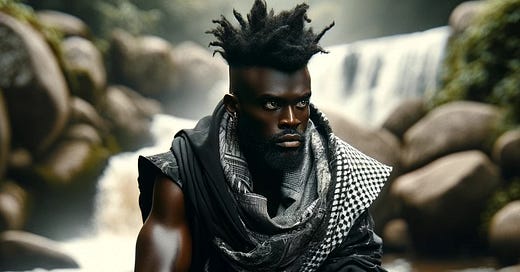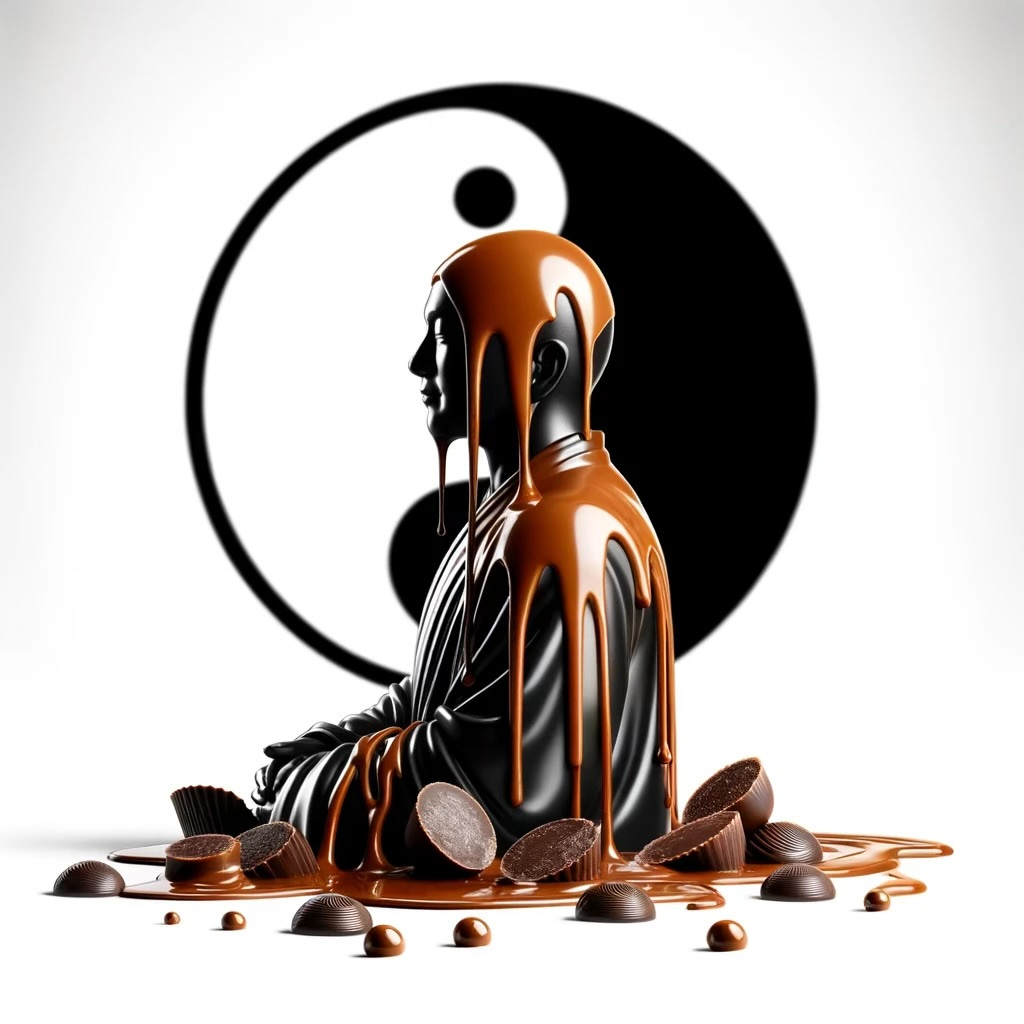Not-knowing is true knowledge. Presuming to know is a disease. First realize that you are sick; then you can move toward health. The Master is her own physician. She has healed herself of all knowing. Thus she is truly whole.
— Lao Tzu
In this verse of the Tao Te Ching, Lao Tzu is asserting that those who are so-called purveyors of expert knowledge are often held in high esteem by society. But he says that these so-called “know-it-all’s” actually suffer from a sickness, a disease of thinking that they really know, but don’t.
In other words, they exceed the limits of their knowledge by failing to acknowledge what they don’t know that they don’t know. This he says is a major impediment to one achieving a contented and peaceful life.
I call this obsession that many of us have in thinking that we’re the expert “The Dr. Phil Syndrome.” Here I’m referring to the charlatan psychologist and media icon who nauseatingly spouts self-help advice as though he’s the grand puba of the therapy world
In an age where knowledge is flaunted like a badge of honor, I am of the opinion that daring to say "I don't know" or "I'm unsure" is an act of rebellion.
It's a middle finger to the facade of certainty that society obsessively clings to, a refusal to play the ego-fueled game of intellectual one-upmanship that dominates our discourse.
I believe that the act of embracing uncertainty is not just intellectually noble but a radical act of defiance against the status quo. In challenging the tyranny of fact by exploring the fluid nature of truth, we celebrate the virtues of those who, with no ego to bruise, admit their ignorance.
Doing this speaks to the anarchic task of discerning what's factually correct in a world that worships at the altar of certainty.
To claim to know something for sure is to erect a fortress of arrogance in a world built on shifting sands. The annals of history and science are littered with the debris of "facts" blown apart by the dynamite of new discoveries.
This incessant evolution of knowledge serves as a stark reminder that "absolute certainty" is a joke, and the punchline is our own hubris. From the fall of the geocentric model to the bewildering frontiers of quantum mechanics, what we arrogantly label as fact is merely a temporary guest in the hotel of human understanding.
Eastern philosophies throw a Molotov cocktail into the Western obsession with certainty. Taoism, with its teaching of Wu Wei (non-action), advocates for a life that flows with, rather than against, the unknowable currents of the natural world. It laughs at the human conceit of understanding the Tao, which remains forever beyond the grasp of our intellect.
Zen Buddhism, too, cuts through the illusion of conceptual knowledge, pointing directly to the moon of truth and admonishing us not to get lost in staring at the finger. These philosophies invite us into a dance with the unknown, a dance where humility leads and the ego has no place on the dance floor.
The dance of intellectual humility, the admission of "I don't know," is the epitome of cool in a world feverish with the need to appear knowledgeable. This isn't about embracing ignorance; it's about recognizing the limits of our understanding and being open to the endless possibilities that lie beyond.
Those who can stand naked in their not-knowing, devoid of any ego armor, command my utmost respect and trust. They recognize the absurdity of pretending to hold all the answers in a universe that is fundamentally mysterious.
One’s willingness to question, to doubt, and to remain fluid in their beliefs is not a sign of weakness but a badge of authenticity in a world obsessed with fake certainties.
But how do we sift through the chaos of conflicting "truths" to find what's genuinely real? This is where things get deliciously subversive. Discerning factual correctness is less about finding an unmovable bedrock of truth and more about engaging in a guerrilla warfare against misinformation, bias, and the seductive lure of easy answers.
It demands a critical eye, a skeptical mind, and the guts to question even the most sacred of cows. Fact-checking, peer review, and the scientific method are weapons in this fight, but they must be wielded with the knowledge that they, too, are flawed tools forged by human hands.
In wrapping up this manifesto, let's get one thing straight: admitting "I don't know" or "I'm unsure" is the ultimate punk rock move. It's a declaration of independence from the tyranny of false certainty, a refusal to be cowed by the intellectual bullies who demand fealty to their version of the truth.
Embracing the unknown is not just a philosophical stance; it's a way of life that challenges the foundations of a society obsessed with the illusion of knowledge. It is, in its essence, a commitment to an ongoing journey of discovery, where every question leads to deeper mysteries, and the only true sin is to stop asking questions.
So, let's toast to the rebels, the questioners, the ones who dare to say, "I don't know." In a world desperately pretending to have all the answers, they are the true revolutionaries.
PS: I have ZERO knowledge attachment to what I shared above. Feel free to question me versus simply hitting the damn “LIKE” button.
The Chocolate Taoist is a reader-supported publication. To receive my weekly reflections and support my book writing journey on these themes, please consider becoming a paid subscriber at $6.00/month or $60.00/year.
Every little bit counts.






Feels like a permission slip to always being a student in this life 🙏🏼 thank you for this share.
Many points and phrases resonate for me. In particular, I like "ego armor" because it makes me think that as soon as we say "I know" about some topic we often feel we need to prepare to defend ourselves against possible attacks that we are wrong versus right. So the ego puts on its armor. Not only is the armor heavy, I think it also blinds us to seeing clearly. Think of the visor that flips down on a helmet "protecting" our vision. To say "I don't know" is indeed a radical act.